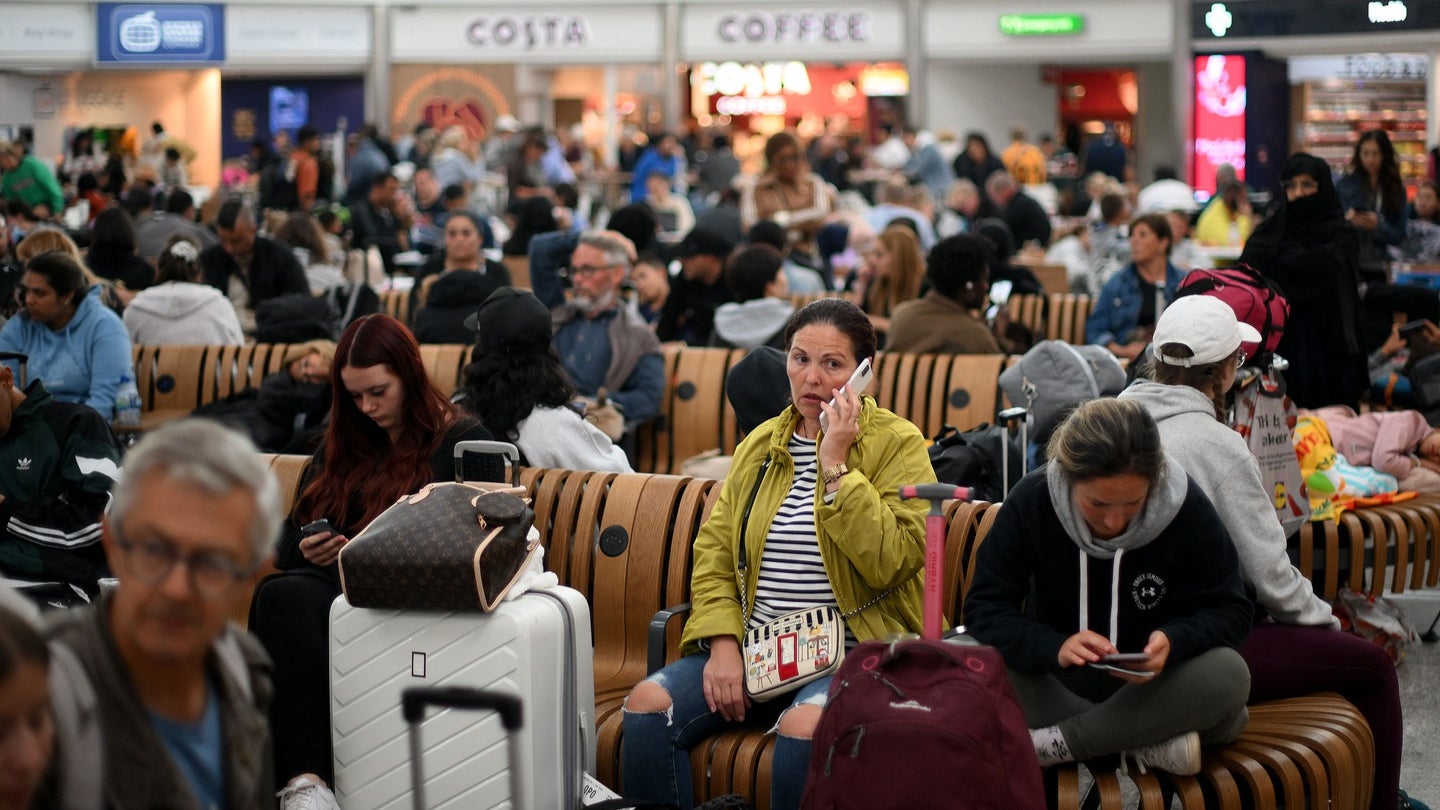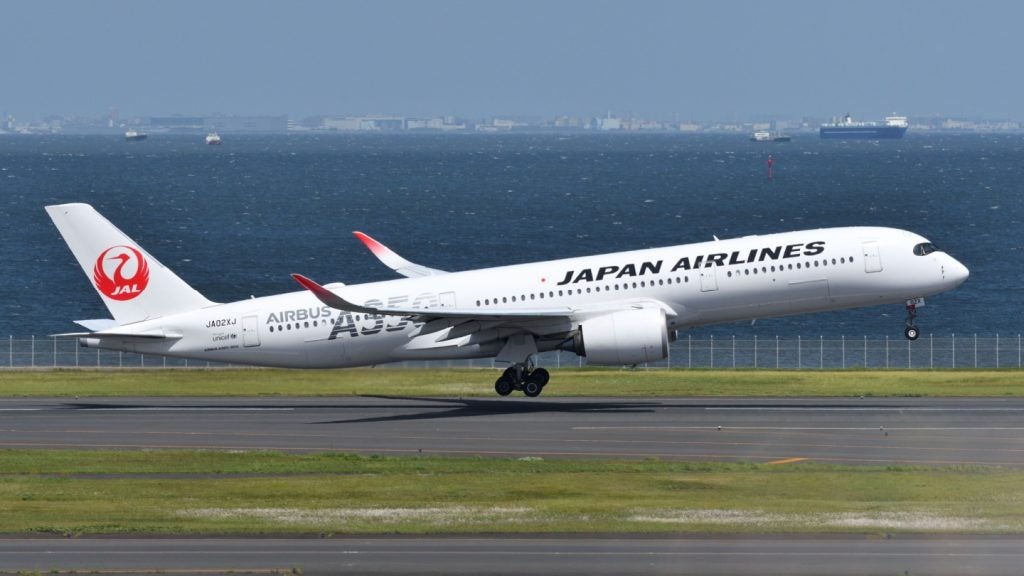
The UK’s aviation industry is attempting to bring its operations back to normal after a chaotic bank holiday was interrupted by technical issues at NATS, the country’s air traffic control body, which saw traffic restrictions lead to mass cancellations and delays.
Though NATS said the issue affecting its flight planning system had been rectified by Monday (August 28) evening, airlines and airports across the country continue to feel the knock-on effect of the temporary traffic flow restrictions when air traffic workers had to manually input information into their systems.
NATS’s operations director Juliet Kennedy said: “The issue we had earlier meant that our automatic system, which provides controllers with details of every aircraft and its route, wasn’t working. Instead, to manage safety, we had to limit the number of flights we could manage.”
Though the issue has been fixed, Juliet added: “However, it will take some time for flights to return to normal and we will continue to work with the airlines and the airports to recover the situation.
“Our absolute priority is safety and we will be investigating very thoroughly what happened today.”
See Also:
Prime Minister Rishi Sunak also spoke on the disruption, telling Sky News that he knew people would be “enormously frustrated” by the events: “Thankfully, things like this are rare and the issue itself was fixed in a matter of hours, but the disruption obviously is continuing and will last for a little while longer.”
In response to the issues, the UK’s Civil Aviation Authority, the industry’s regulatory body, said that it would be engaging with NATS and would pass on an incident report to the Transport Secretary when investigations were completed in the coming days.
Secretary of State Mark Harper addressed the situation to clarify that the technical fault was not the result of a cyber attack and respond to allegations that the government could have done more to help passengers.
He told BBC Breakfast: “When National Air Traffic Services realised that it was going to have a significant impact it notified my department. They were working on it immediately and we were giving them all the support that we could.”
“I spoke to the head of National Air Traffic Services yesterday (28 August) to talk through the problem and what they had done to fix it.”
A statement from the Department for Transport also said that it would temporarily alleviate some night flight restrictions to help airlines address the backlog of passengers after Harper chaired a meeting between the DfT and NATS, the CAA, airlines, airports, trade bodies, and Border Force.
Despite the industry’s attempts to limit disruption, local media reported some passengers complaining of multiple-day delays and aviation analytics company Cirium told Airport Technology that about 27% of flights were affected.
The data company said that 790 flights due to depart UK airports were cancelled while 785 flights due to arrive at airports were cancelled, equivalent to approximately 27% of all departures and 27% of all arrivals.
As of 9am on Tuesday 29 August, roughly 5% of arriving and departing flights had also been cancelled according to Cirium.
The mass cancellations follow an incident earlier in the UK summer when many airlines, including easyJet, were forced to cancel many of their flights from Gatwick Airport after weather warnings from the Met Office.








